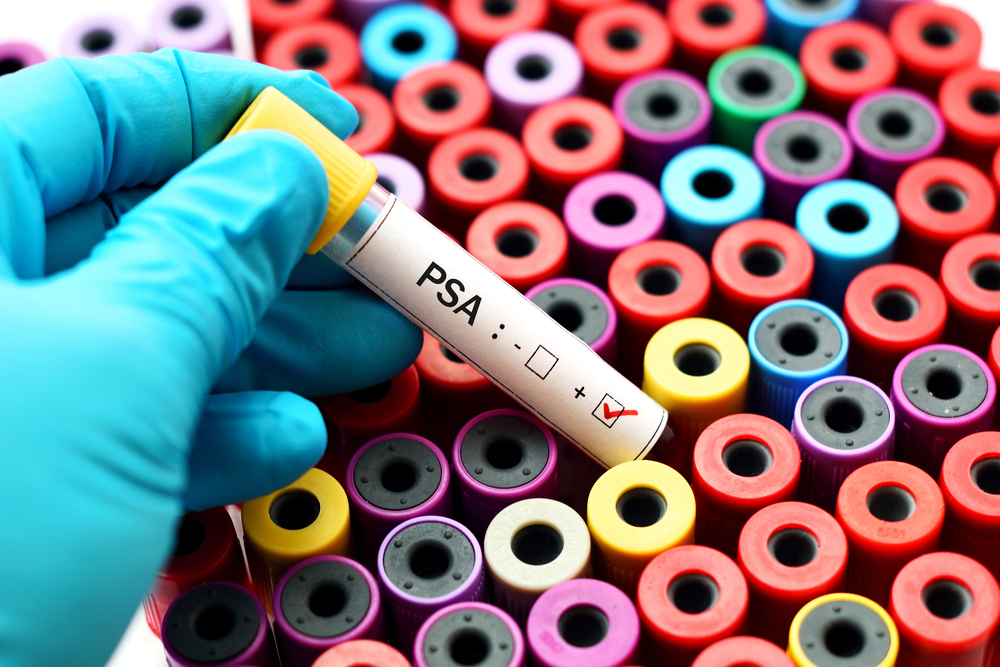Debunking Popular Misconceptions About Prostate Cancer
This article debunks common myths about prostate cancer, emphasizing the importance of early detection and factual understanding. It clarifies misconceptions about symptoms, transmission, and diagnosis, encouraging informed medical consultations for proper prostate health management.
Sponsored

Debunking Common Myths About Prostate Cancer
Prostate cancer is treatable, especially when detected early. If diagnosed, some individuals may feel overwhelmed or distracted by misconceptions surrounding the disease. Unfortunately, many prostate cancer myths persist, leading to misunderstandings. To clarify these false beliefs, here are some of the most frequent myths about prostate cancer:
Urinary issues are always present in prostate cancer cases.
Many assume that absence of urinary symptoms rules out prostate cancer. However, early-stage prostate cancer often shows no signs, and urinary symptoms are not always present.
Sexual activity can improve patient health
Some believe sex can help fight or improve prostate cancer, but scientific research does not support this idea. While sexual activity can influence overall well-being, it is not a treatment or supportive measure for prostate cancer.
Prostate cancer spreads through sexual contact
A widespread myth suggests that prostate cancer can be transmitted via sex. In reality, cancer is caused by abnormal cell growth, not infectious transmission. No evidence supports cancer spread through sexual contact.
PSA testing is the sole method for diagnosing prostate cancer
The Prostate-Specific Antigen (PSA) test helps evaluate prostate health but is not definitive alone. Additional procedures like prostate biopsies and digital rectal exams are necessary for an accurate diagnosis.
A normal digital rectal exam (DRE) rules out prostate cancer
While DRE can detect abnormalities, it is not definitive. A normal DRE does not guarantee absence of prostate cancer, as the test has limited accuracy and should be combined with other diagnostic methods.
Understanding these myths is vital. Always consult healthcare professionals for accurate information and diagnosis regarding prostate health.






